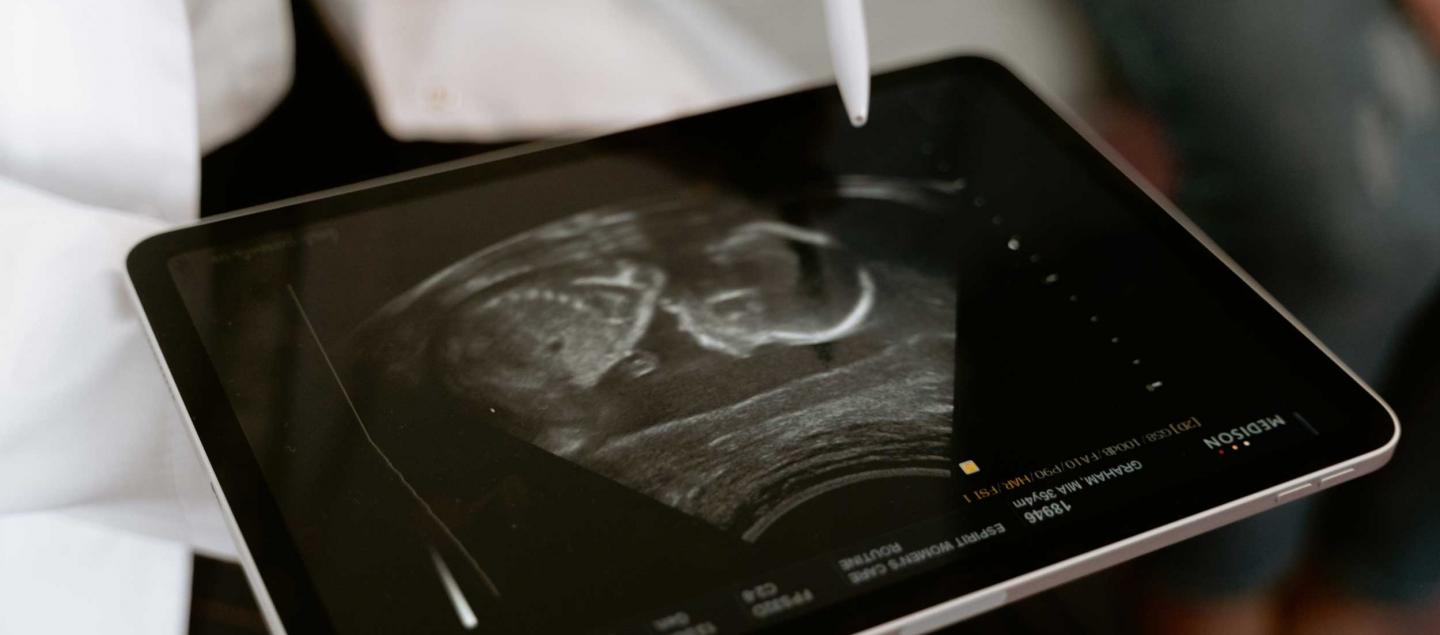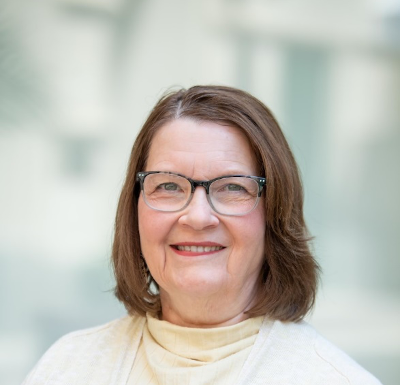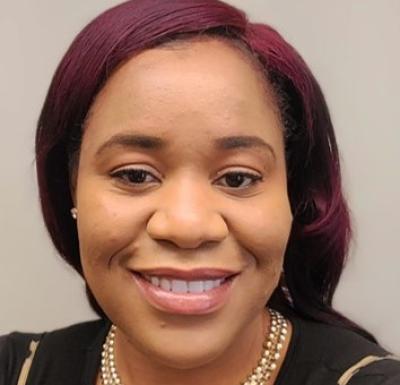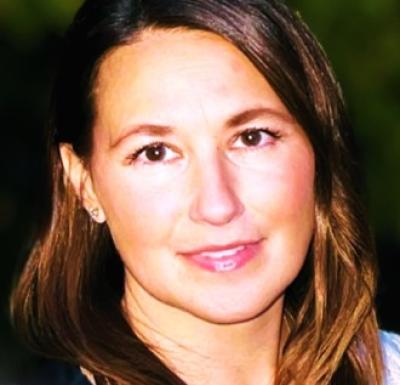Increase Access to Quality Health Care Working Group
Improving gaps in access to care for moms, babies and families.


To curb the rising rates of maternal morbidity and death and poor infant health outcomes, birthing people must have access to high-quality health care throughout their lives.
This working group advances solutions to address the shortage of maternity care providers and facilities, issues tied to health care insurance coverage and affordability, provider bias and access to culturally congruent care, and overall gaps in quality of health care.
They will take actions that include:
- Advocating for policies to increase equitable access to risk appropriate birthing options
- Supporting programs that aim to increase racial diversity in the health care workforce
- Identifying and developing best practices for implicit bias and stigma training for providers and support staff, while also supporting organizations as they examine and alter their own policies and structures that inadvertently perpetuate inequitable care
WORKING GROUP CO-CHAIRS

Co-Chair: Susan Kendig, JD, WHNP-BC, FAANP
Women’s Health Integration Specialist, SSM Health Maternal Services, St. Louis, MO, and Director of Policy for the National Association of Nurse Practitioners in Women’s Health (NPWH).

Tana-kae Lewis, RN, MSN
Alabama Department of Public Health

Elizabeth Lanter, LCSW
Independent Consultant and Clinician
WORKING GROUP MEMBERS
This working group is comprised of over 40 individual and organizational partners, including:
News & Resources
A national organization of urban maternal and child health leaders that works to promote equity and improve the health of urban women, children, and communities by strengthening public health leaders and organizations.

Hundreds of thousands of babies are born prematurely in the U.S. each year. This story highlights some of the stories of the women and babies impacted and brings forward expert voices on why the premature birth rate is going up.

Access to prenatal care and quality medical care for birthing people can make the difference between life and death. This report shows that more than half of births in Georgia are paid for by Medicaid and Georgia is one of just three states to extend Medicaid coverage to postpartum women.

Pagination

GET INVOLVED
Every family can have the best possible start. But today, too many moms and babies are dying or experiencing serious health complications related to childbirth—and far too many are moms and babies of color. Only by working together can we confront inequities and ensure the health and wellbeing of every family.
